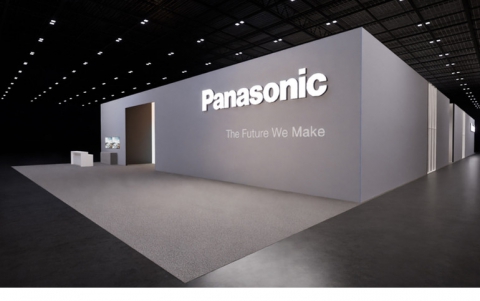
AMD Subpoenas Microsoft in Intel Case
Advanced Micro Devices (AMD)served Microsoft with a subpoena last week demanding documents related to its antitrust suit filed last year against Intel.
According to a copy of the subpoena obtained by CRN, AMD is seeking information related to the 64-bit microprocessors, product comparisons between Intel and AMD, and any discussion of marketing arrangements involving the three companies.
Specifically, the subpoena requests documents reflecting the following:
Microsoft's decision to develop software for AMD's 64-bit CPUs, timing and schedule for the development of that software.
Microsoft's discussions concerning desktop, development and implementation of standards, specification protocol or software for secure input interfaces with or concerning AMD and/or Intel.
Discussions relating to actual or perceived collaboration or support of AMD's advertising and promotion, AMD processors, support of AMD product launches, and Intel's reactions.
Discussions internally and with third parties concerning AMD's financing, valuation or financial viability. Discussions and reports comparing Intel and AMD products from a price, quality and performance standpoint.
This latest legal filing with the U.S. District Court in Delaware dated April 13 adds to a long list of subpoenas AMD has filed in an attempt to prove that Intel has used its dominance of the x86 PC and server processors market to prevent AMD from winning business. To date, AMD has subpoenaed a total of 32 companies in its antitrust lawsuit including computer makers like Hewlett-Packard and Dell, and retailers like Best Buy and Circuit City.
Many of those companies agreed to supply documents when they received a subpoena, while others are fighting in court.
A Microsoft spokesperson said the company planned to comply.
"Microsoft is not a party to this lawsuit, but we anticipate that both sides will be seeking documents and other evidence from Microsoft and many other participants in the PC industry. We will work with the parties in this case to respond to reasonable requests for documents and information," said Microsoft spokeswoman Lauren Irving.
AMD and Intel are scheduled to appear at an administrative hearing, an "initial status conference", for the case on April 20.
Specifically, the subpoena requests documents reflecting the following:
Microsoft's decision to develop software for AMD's 64-bit CPUs, timing and schedule for the development of that software.
Microsoft's discussions concerning desktop, development and implementation of standards, specification protocol or software for secure input interfaces with or concerning AMD and/or Intel.
Discussions relating to actual or perceived collaboration or support of AMD's advertising and promotion, AMD processors, support of AMD product launches, and Intel's reactions.
Discussions internally and with third parties concerning AMD's financing, valuation or financial viability. Discussions and reports comparing Intel and AMD products from a price, quality and performance standpoint.
This latest legal filing with the U.S. District Court in Delaware dated April 13 adds to a long list of subpoenas AMD has filed in an attempt to prove that Intel has used its dominance of the x86 PC and server processors market to prevent AMD from winning business. To date, AMD has subpoenaed a total of 32 companies in its antitrust lawsuit including computer makers like Hewlett-Packard and Dell, and retailers like Best Buy and Circuit City.
Many of those companies agreed to supply documents when they received a subpoena, while others are fighting in court.
A Microsoft spokesperson said the company planned to comply.
"Microsoft is not a party to this lawsuit, but we anticipate that both sides will be seeking documents and other evidence from Microsoft and many other participants in the PC industry. We will work with the parties in this case to respond to reasonable requests for documents and information," said Microsoft spokeswoman Lauren Irving.
AMD and Intel are scheduled to appear at an administrative hearing, an "initial status conference", for the case on April 20.





















